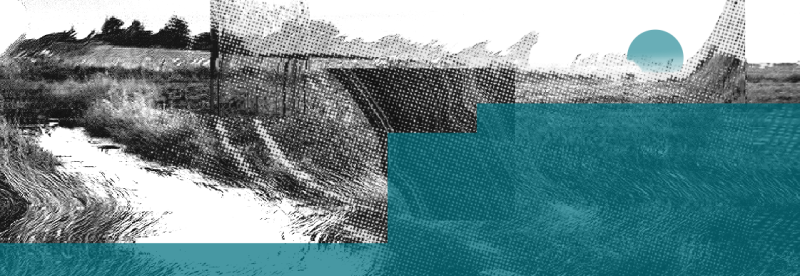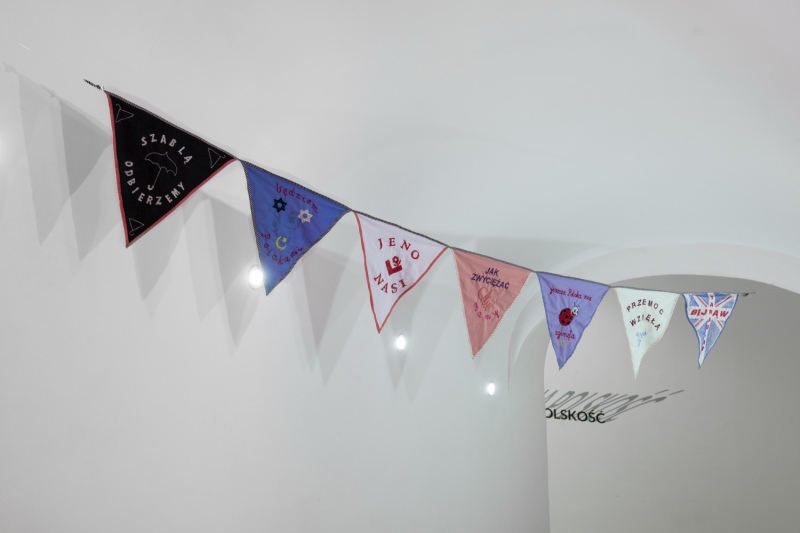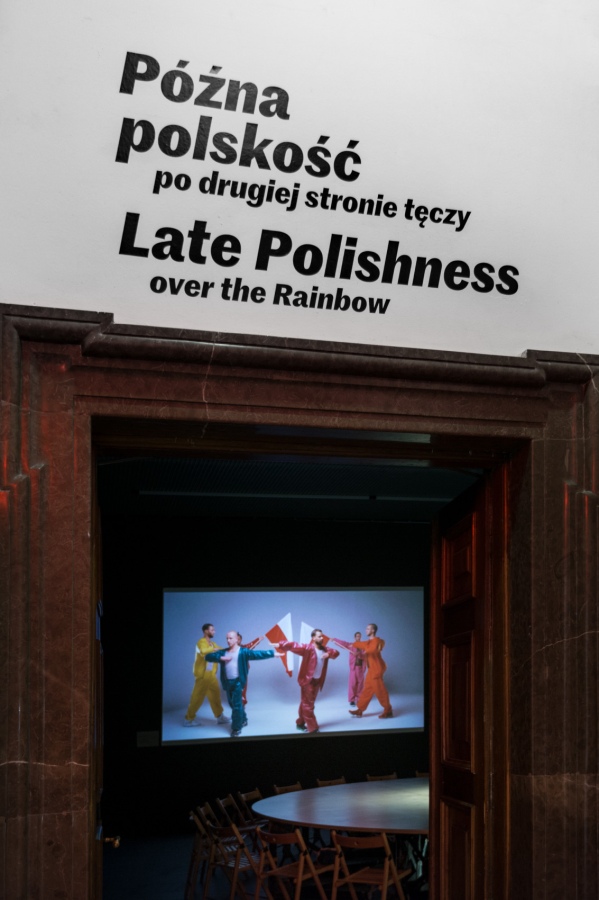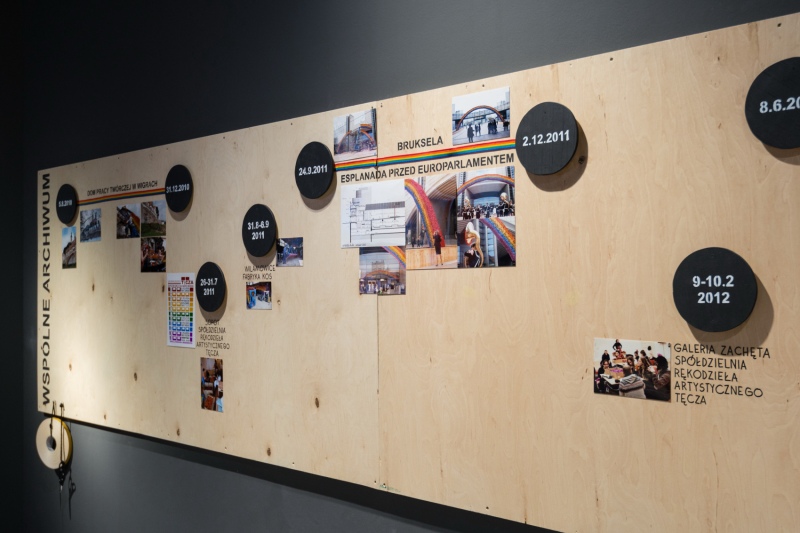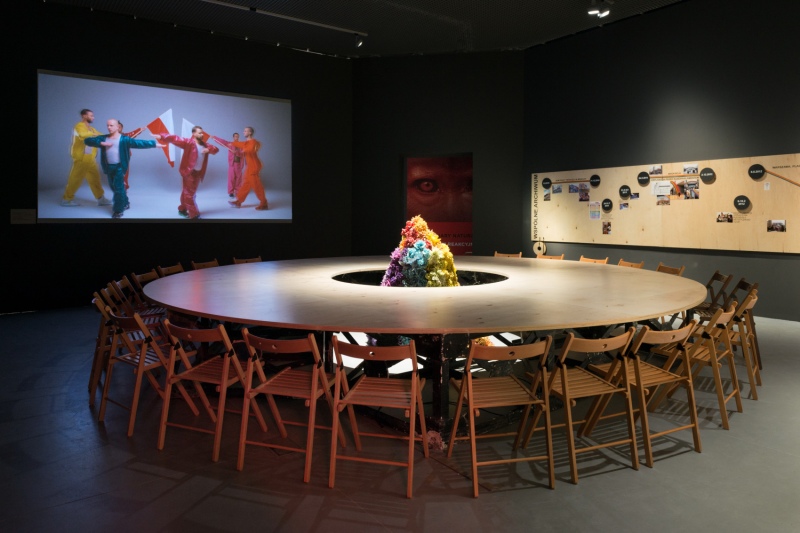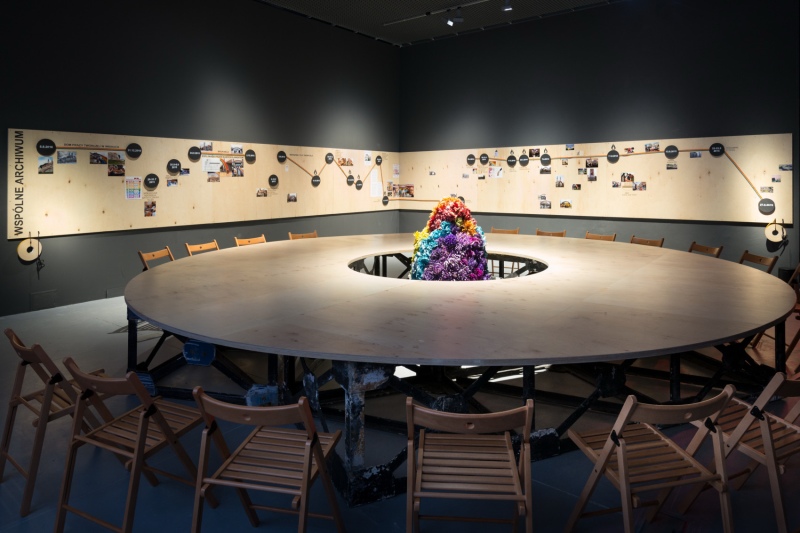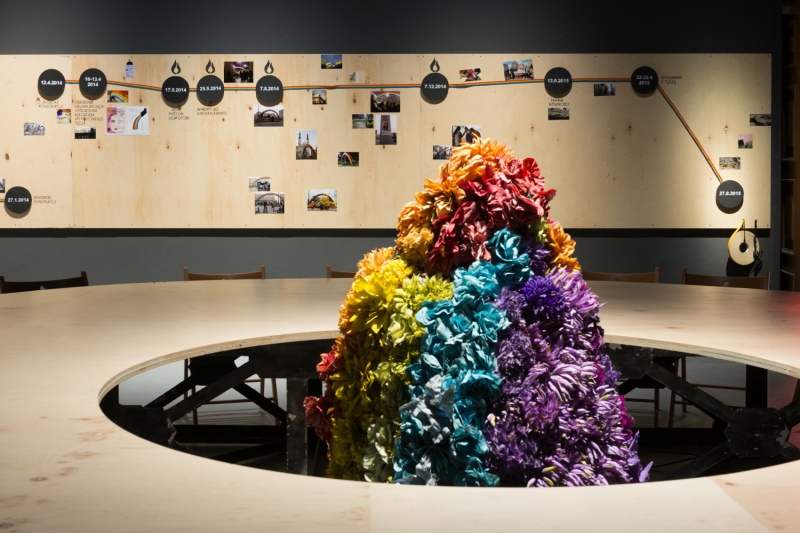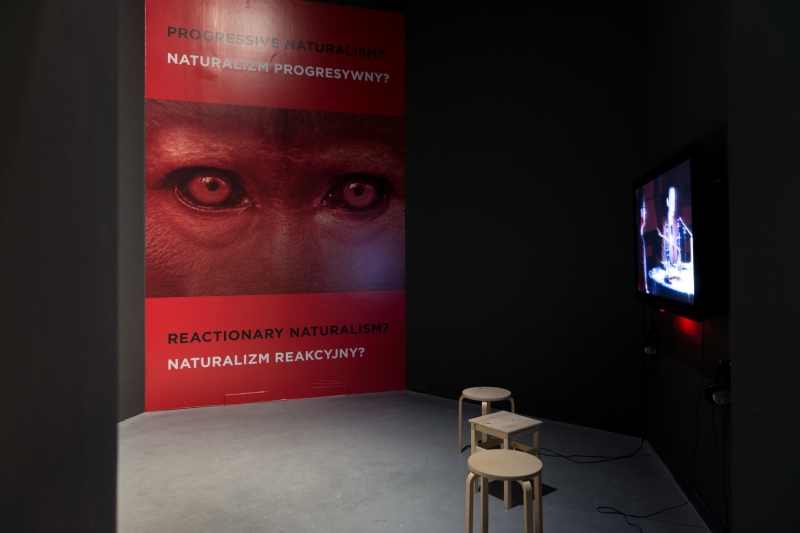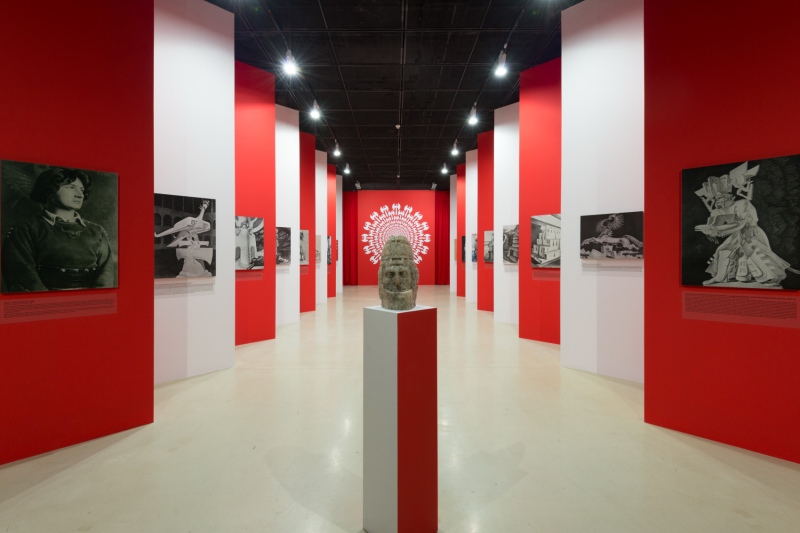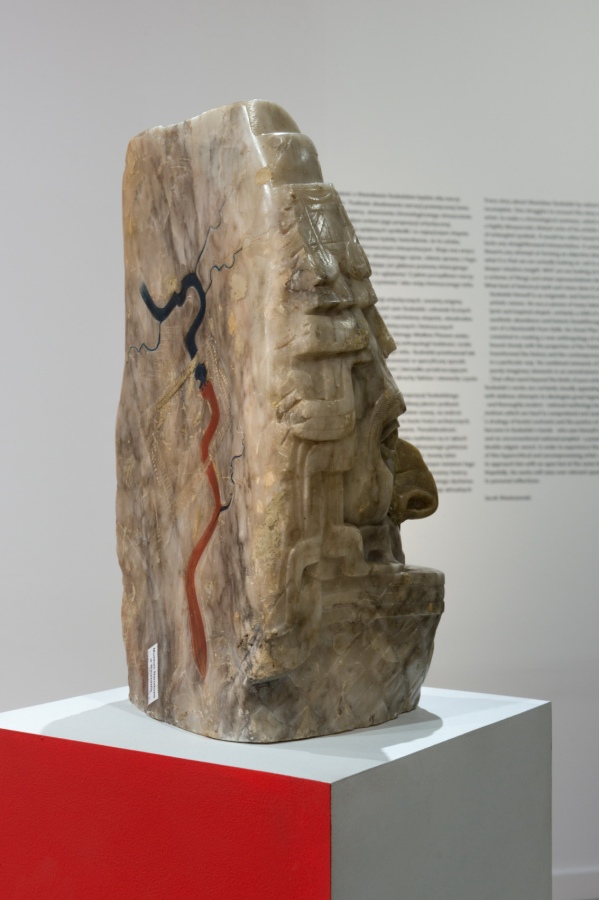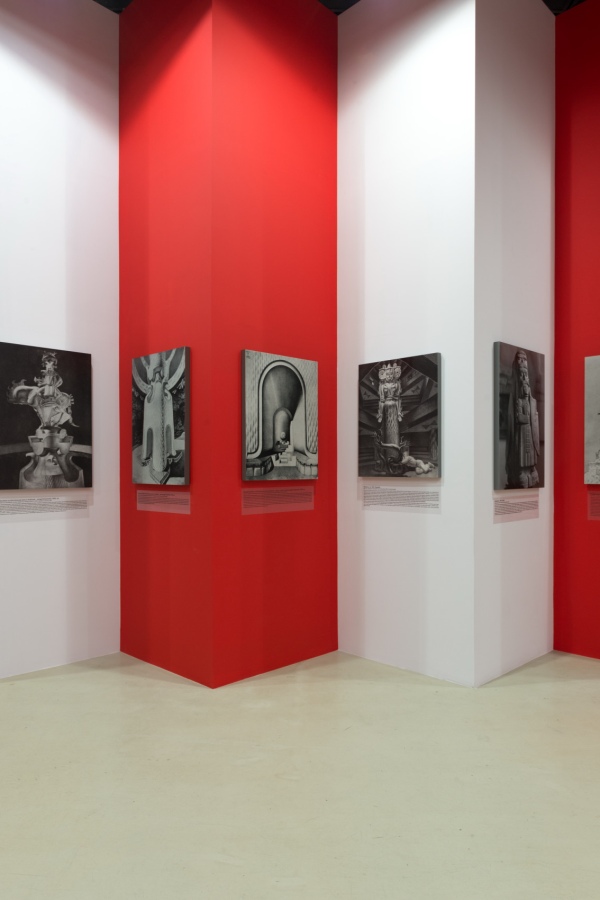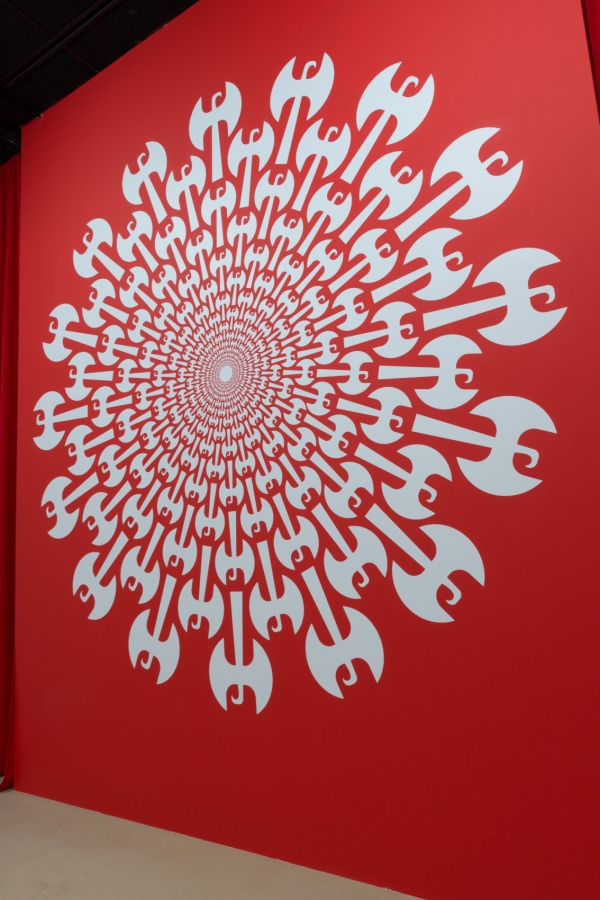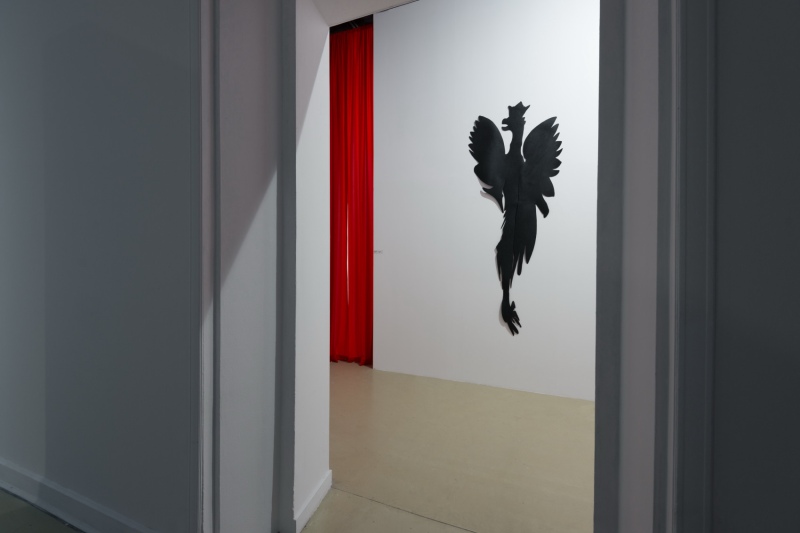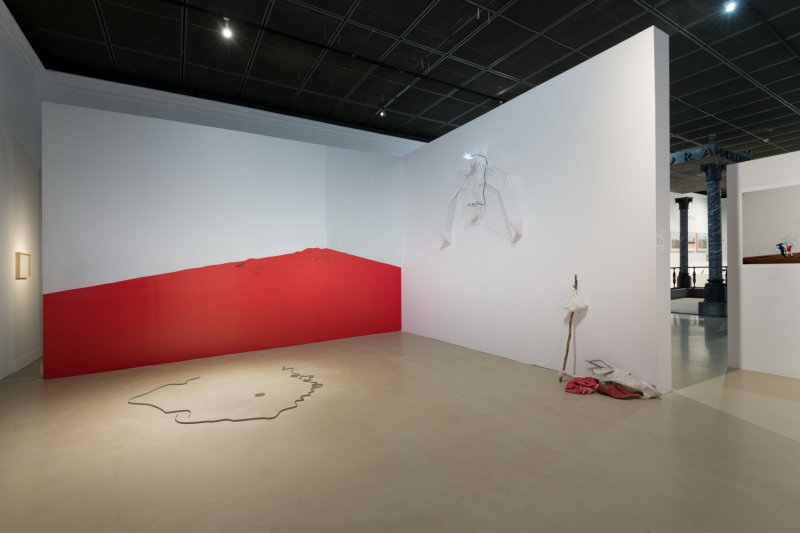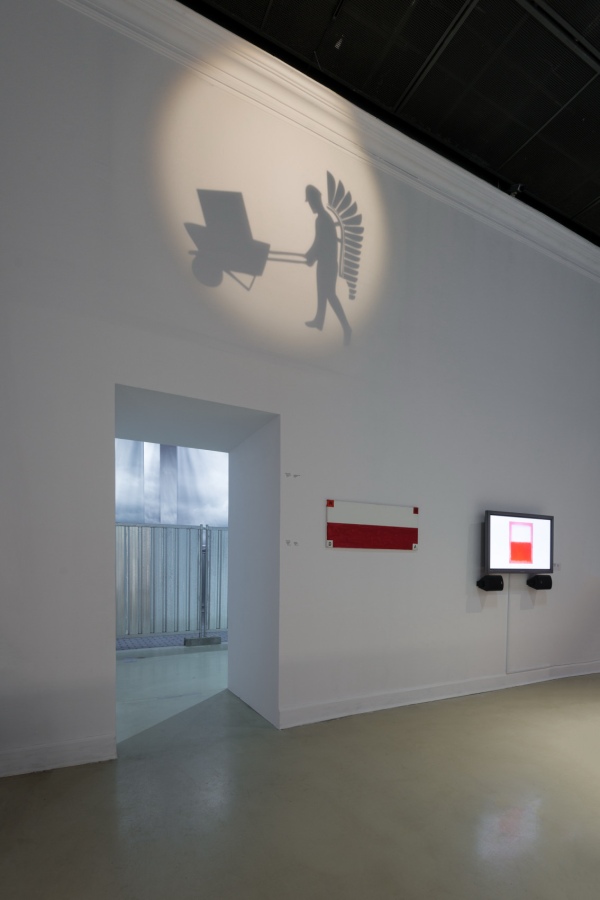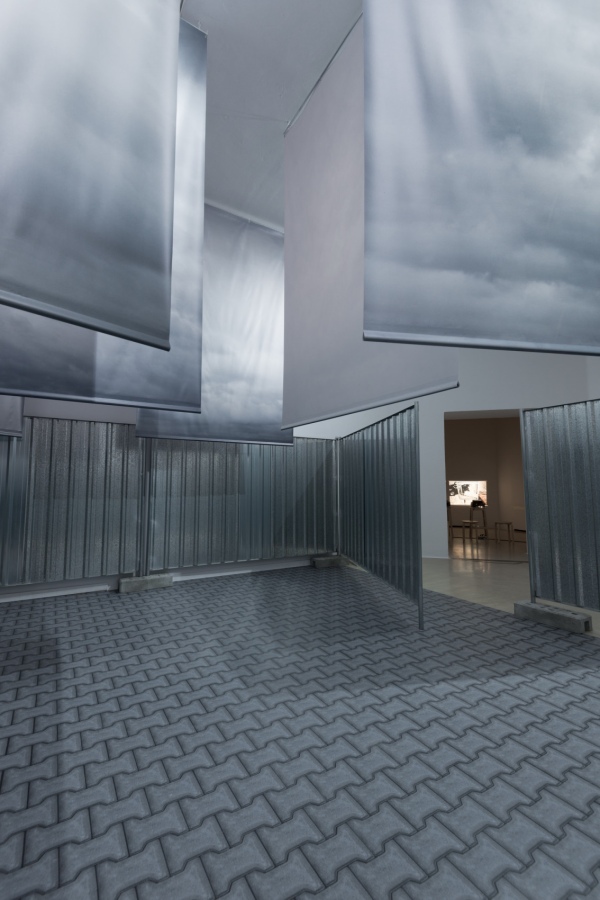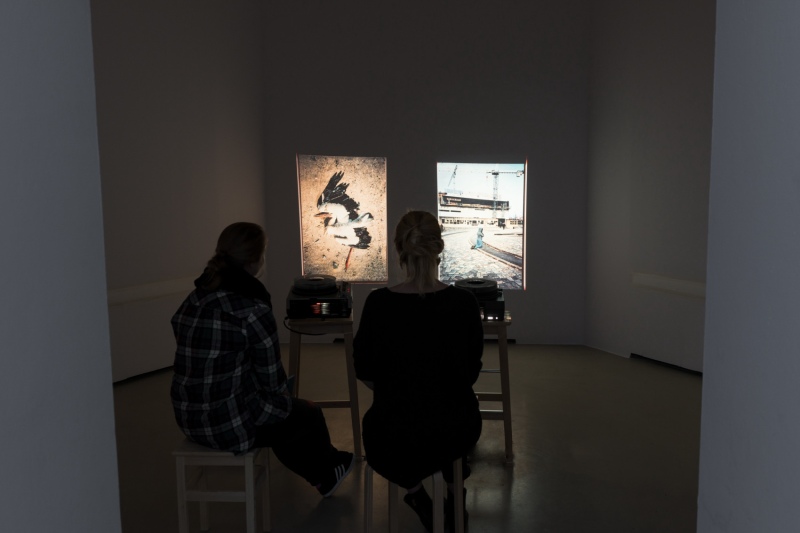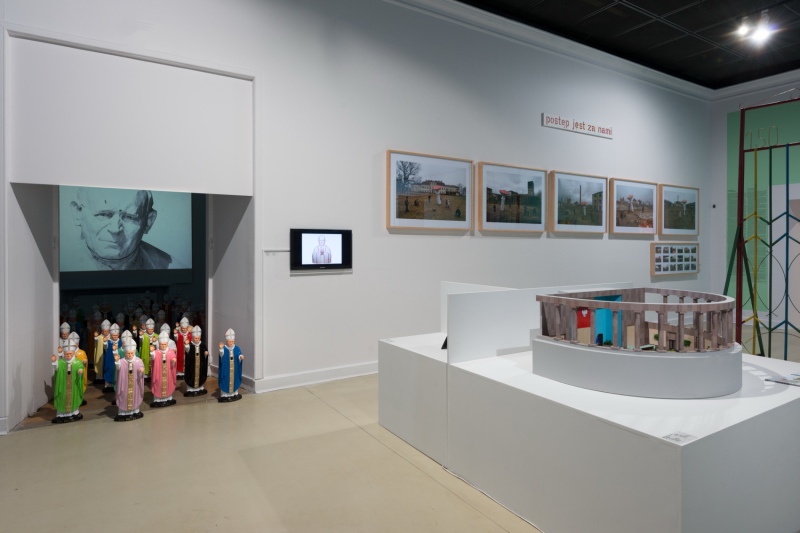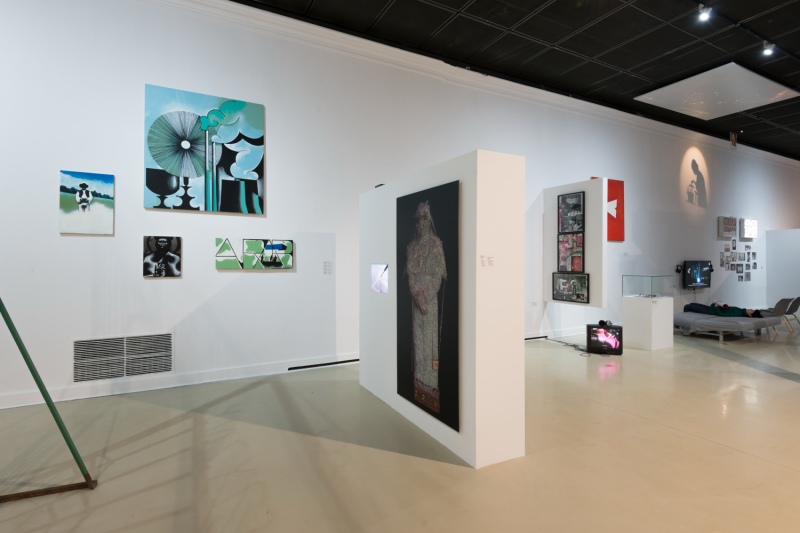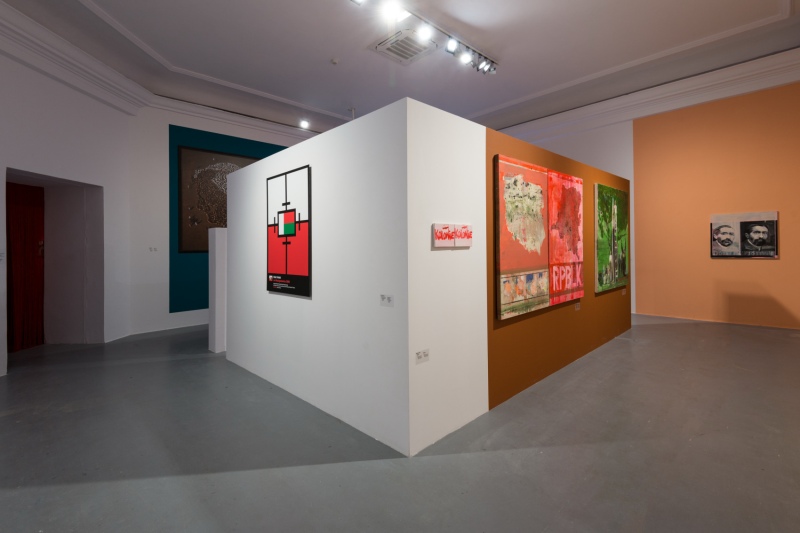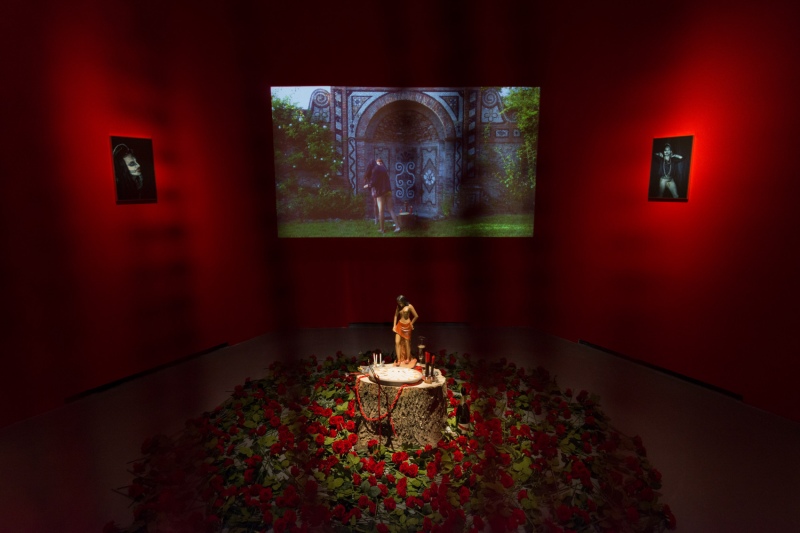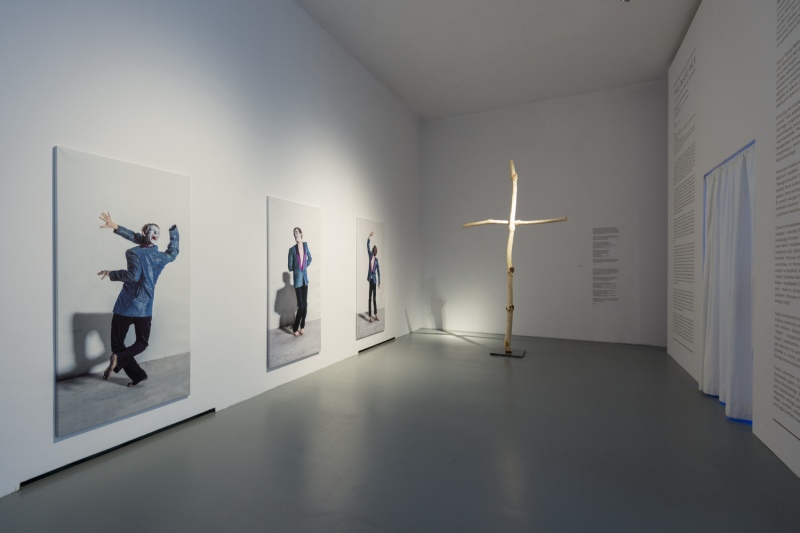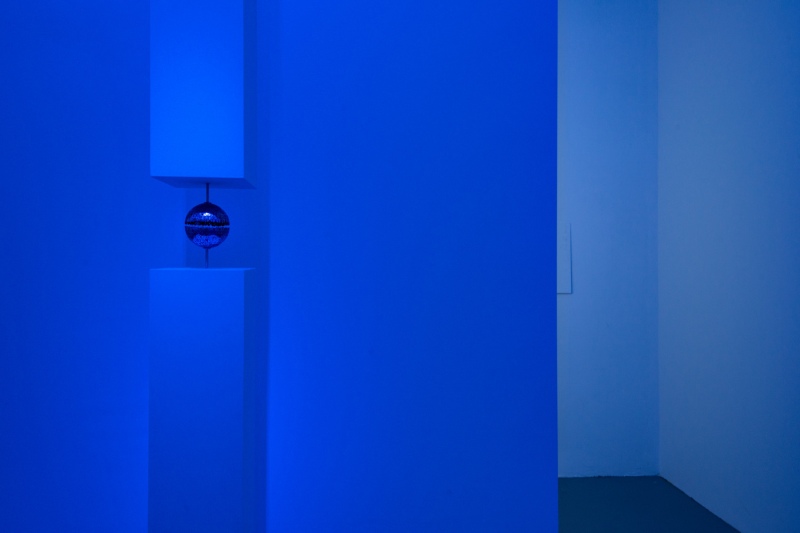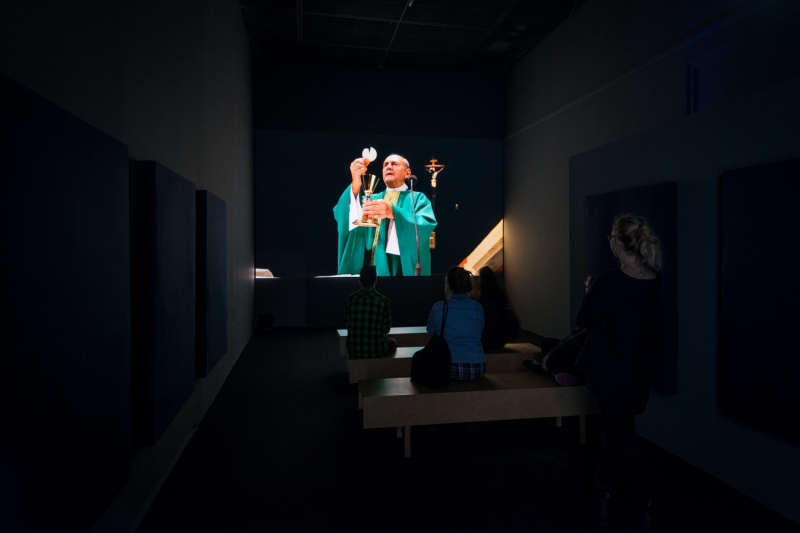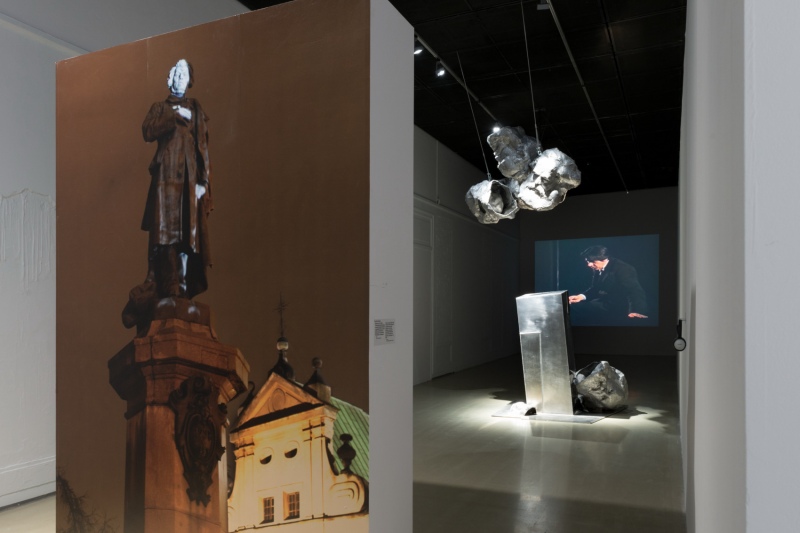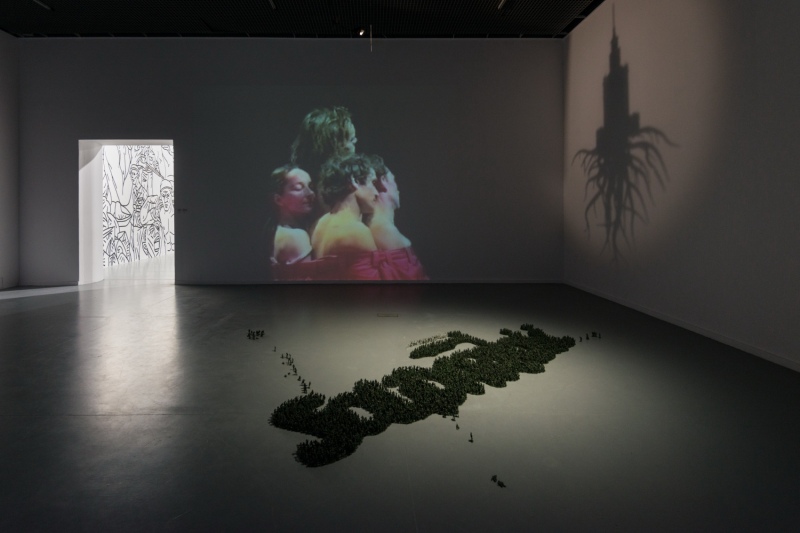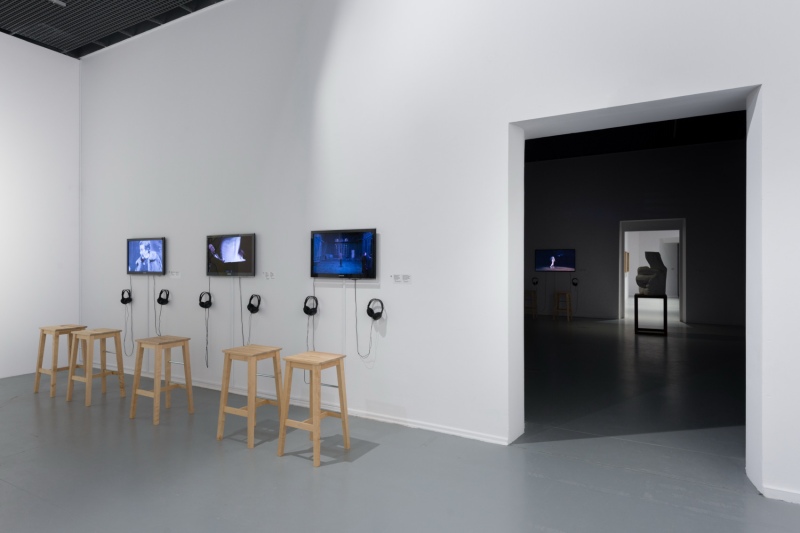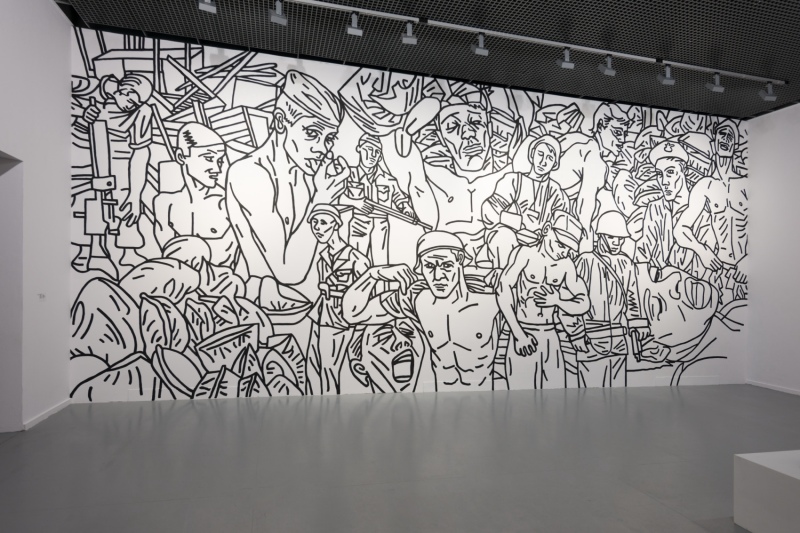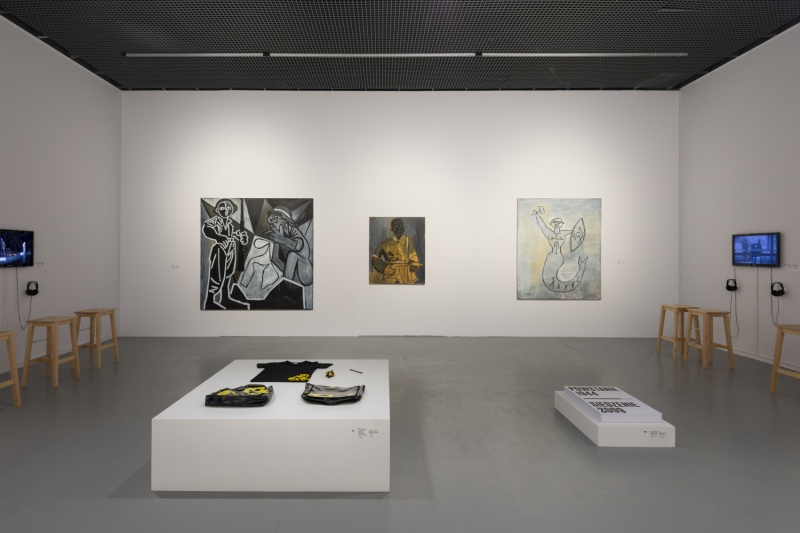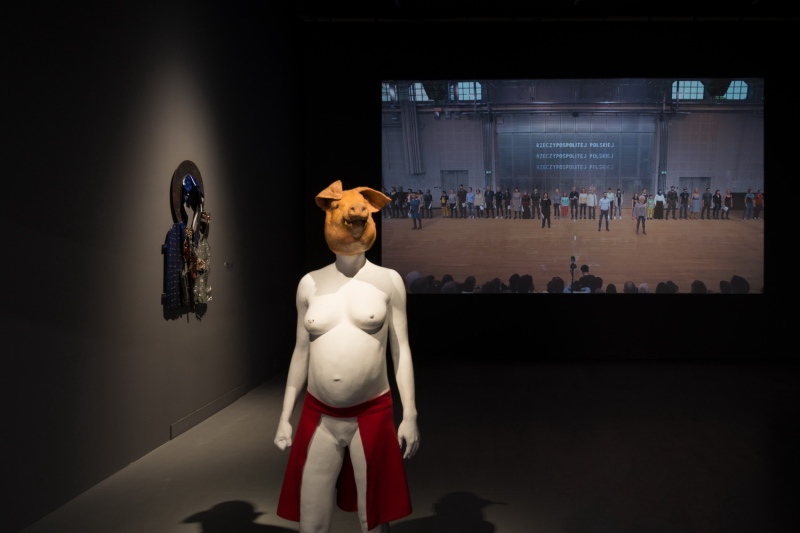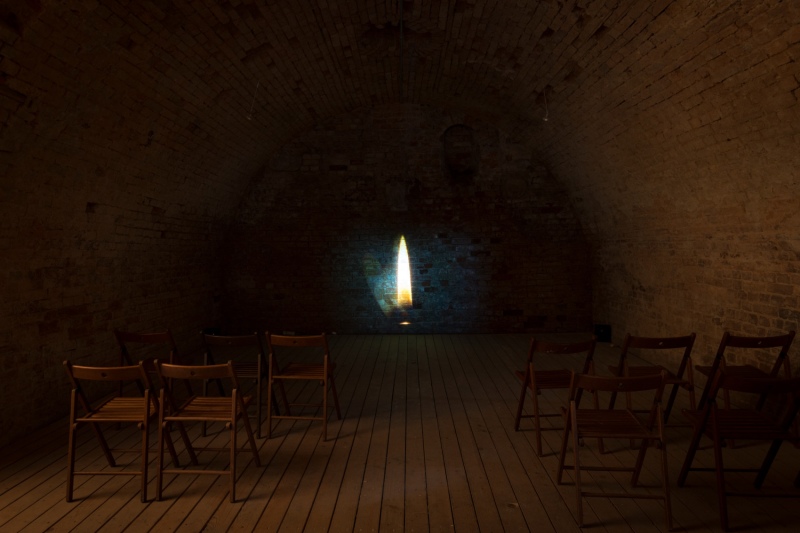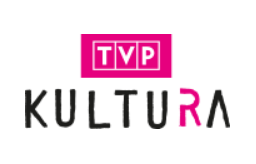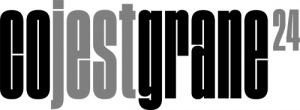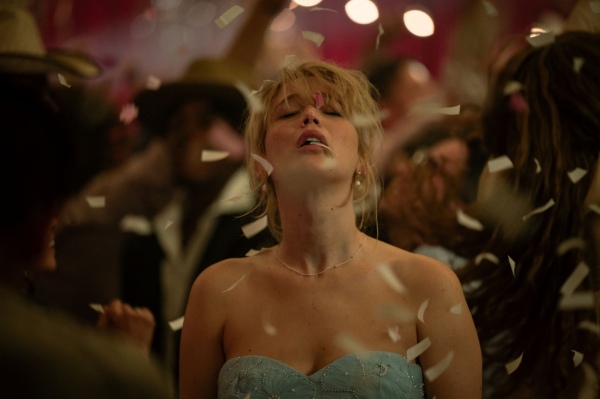Late Polishness
Forms of national identity after 1989
(The term "Late Polishness" has been borrowed from the texts of Tomasz Kozak)
The project Late Polishness is dedicated to the forms which Polish contemporary identity assumes. Acting as the main space for deliberations is the exhibition, which consists of more than a hundred works and projects from dozens of contemporary artists working in the fields of visual arts, cinema, and theatre. The themes underlined in the show will be expanded on through a rich program of discussions, lectures, and screenings.
The key to the Late Polishness used in the project is the category of form. How is Polishness experienced today? How is it represented? Behind what images, symbols, figures, and narratives does it hide? The curators of the project have been searching for the answers to these questions in various fields of art, because it is the artists who give form to the collective imagination, and also to the national. Artists from varying generations have been invited to partake in the project. Contemporary classical artists have been found amongst them – such as Krzysztof Wodiczko and Krzysztof Bednarski. There are also artists who, like Artur Żmijewski, Paweł Althamer, Oskar Dawicki, or Wilhelm Sasnal, defined the Polish art scene after 1989. There are also artists who have made their debuts in recent years; to name a few, Honorata Martin, Daniel Rycharski, Bartosz Zaskórski, and Katarzyna Przezwańska. Therefore, it will be possible to view Polishness from very different, individual perspectives; consequently, we shall see the complexity of the phenomenon of national identity considered as a political issue, but also as one that is existential, personal, mythological, and even purely aesthetic.
The starting point of the exhibition is the work of Stanisław Szukalski (1893-1987), sculptor, painter, illustrator, designer and theorist, as well as founder of the artistic movement Tribe of the Horned Heart. He was an artist seeking a modern formula of national art after the country regained its independence in 1918, and therefore, in a situation that is to a certain extent analogous to the time after 1989, when the category of Polishness had to be redefined, or even invented anew.
The curators are looking at the process of working through the long repressed peasant roots of our society. Postcolonial theory is also an important discourse; it allows for the reinterpretation of basic concepts for the Polish consciousness such as annexations, democracy, borderlands, and the effort to adapt to the local conditions of the Western liberal cultural model.
Two visual essays constitute an integral part of the exhibition. The first, prepared by film expert, critic and publicist Jakub Majmurek, undertakes the issues of late Polishness from the perspective of cinema. Implemented in the form of a cinematic installation, the story is divisible into six chapters, focused around the slogans: new capitalist realism, globalism, roots, exclusion, gender, and space. The narrative of the second essay, written by theatre expert and curator Dr. Tomasz Plata, juxtaposes the works of visual artists with fragments of performances by the most outstanding Polish directors, active since after 1989, from Jerzy Jarocki, Jerzy Grzegorzewski, Wojciech Krukowski, Krystian Lupa, Krzysztof Warlikowski, Monika Strzępka, Jan Klata, Michał Zadara, to Marta Górnicka and Wojtek Ziemilski.
The exhibition will be enriched by discussions, to which invited were specialists representing the widest possible spectrum of research attitudes and world-views, including, amongst others, Dr. Paweł Rojek, editor of Krakow's monthly Pressje, film expert Jakub Majmurek, Ph. D. Jan Sowa, Professor Lechosław Lameński, political memory researcher Dr. Maria Kobielska, or Dr. Michał Łuczewski, who deals with the culture of villages, as well as art critic Karol Sienkiewicz and Dr. Magda Szcześniak, who is responsible for tracking socio-economic processes in art.
The implementation of the project Late Polishness required the confrontation of notions, which have been engrained into past generations, regarding the essence of Polishness with such ideas, forces and processes as neoliberal capitalism, the transition from an industrial economy to one based on knowledge, the postcolonial condition, emancipatory discourses of minorities, the new dynamics of the flow of information related to the development of cyberspace, multiculturalism, and the global perspective. Late Polishness is a sense of national belonging, experienced in an era defined by the prefix post: postmodernism, postcolonialism, postindustrializm. Participants of the exhibition and the discussions part of it will face the question of how the Polish form developed after 1989 under these conditions.
